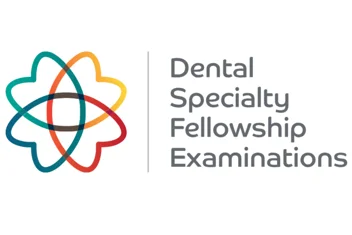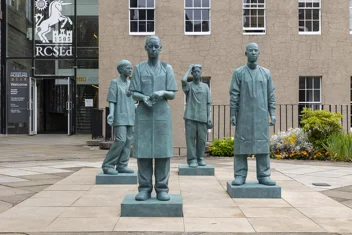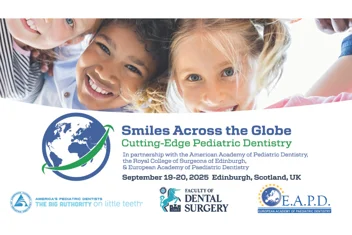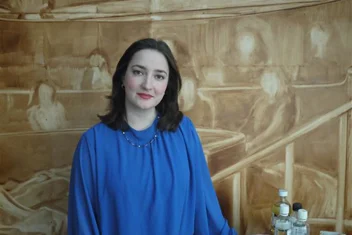Featured RCSEd News
News Library
RCSEd responds to article in The Times – Representation of women in surgery
The Royal College of Surgeons of Edinburgh is deeply concerned by a recent article published in The Times (1 May), authored by Martin Samuel, which perpetuates outdated and damaging stereotypes regarding orthopaedic surgeons.

Announcing Global CARE: Creating Access to Resources and Education
The College is proud to launch Global CARE (Creating Access to Resources and Education), formerly the Global Surgery Foundation. Established in 2015 by Richard Montgomery, this initiative has been rebranded to better reflect our expanded mission of addressing healthcare inequality worldwide by building sustainable surgical & dental capacity in communities suffering from chronic shortages of care.
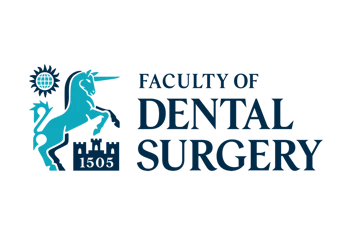
Call for Nominations: Faculty of Dental Surgery Medals 2025
The Faculty of Dental Surgery is inviting nominations for its prestigious Dental Faculty Medals, awarded to individuals who have made a profound difference in Dentistry, either in the UK or internationally. These medals honour dentists and professionals who have made distinguished contributions to the Faculty, the College, and the wider profession.
Dental Faculty of Dental Surgery , FDS , Dental Medal


